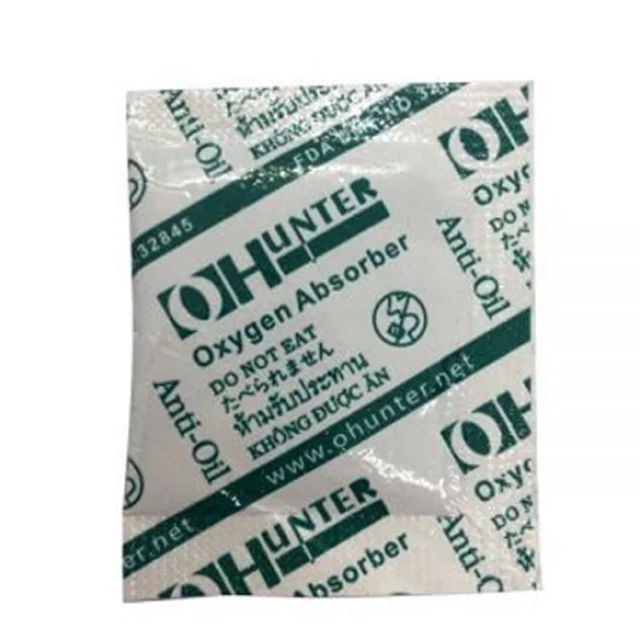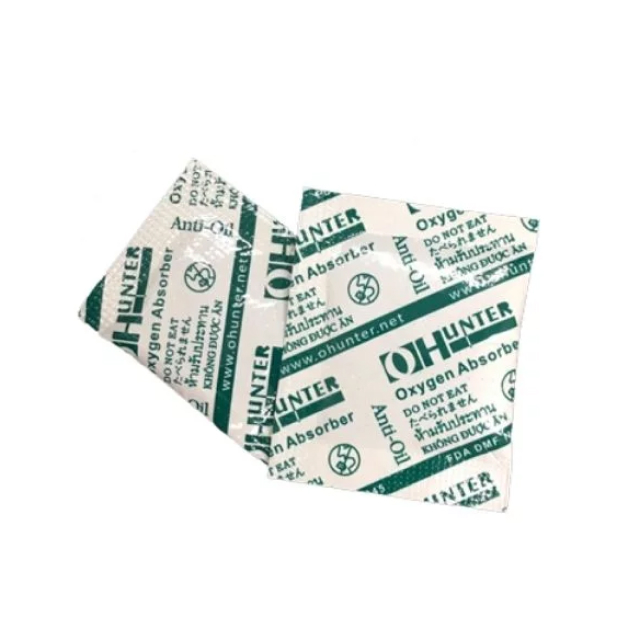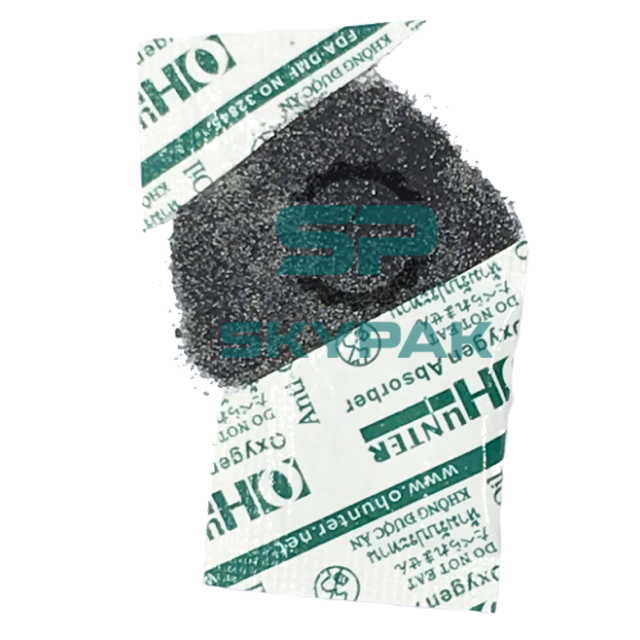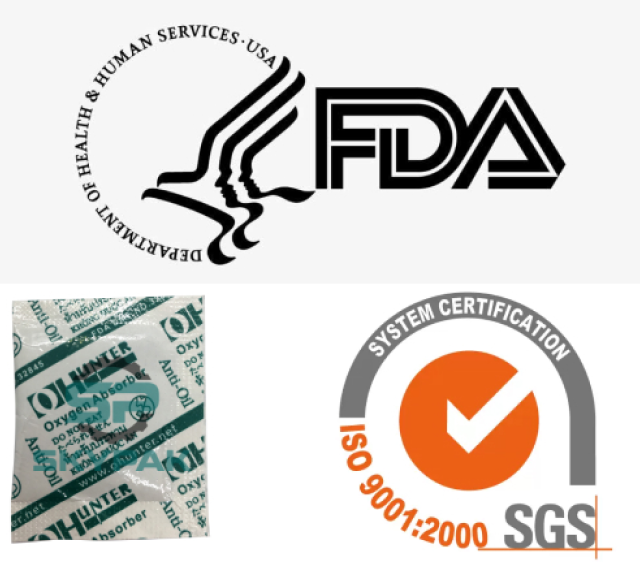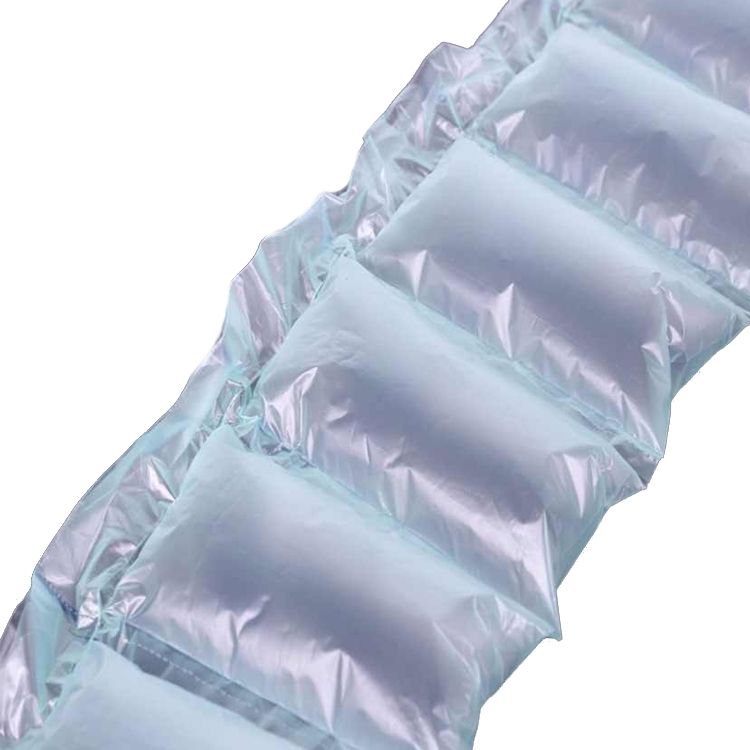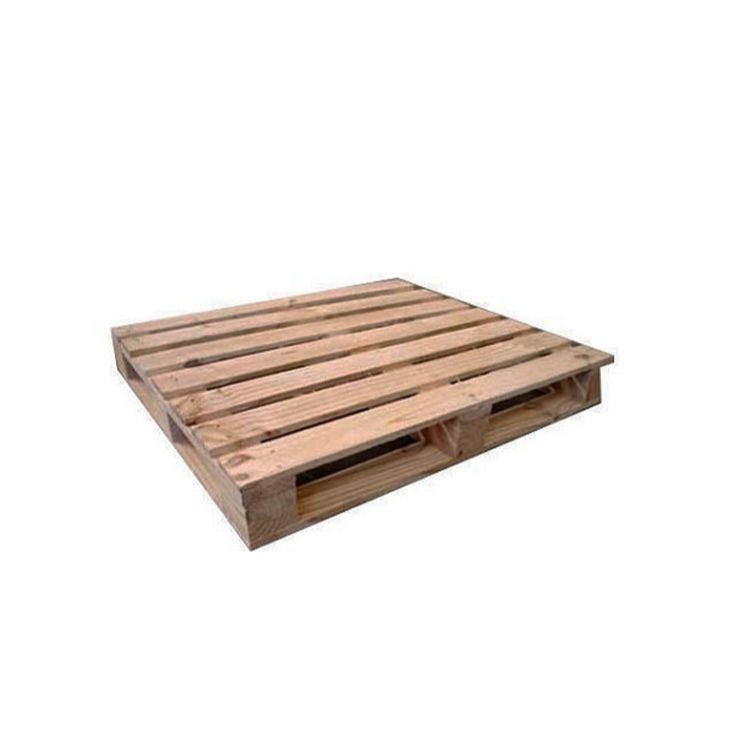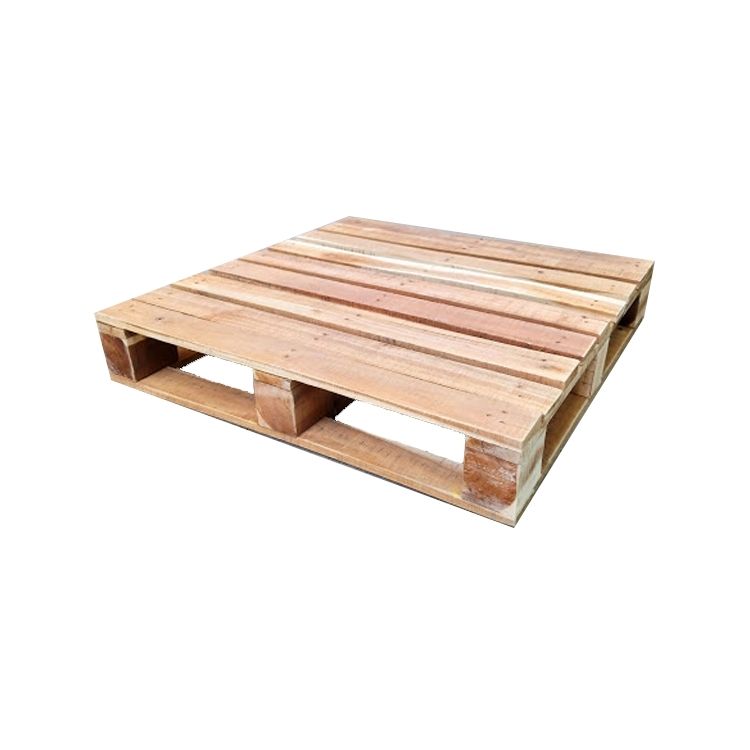Nearly anything shipped in bulk today is shipped on pallet wood or plastic pallets. Most industries, including automotive, chemical, food, paper, retail industries, etc., use pallets to transport their products from the manufacturer to the warehouse. Most pallets are made of wood instead of plastic and metal. Although pallets are used in all industries, careful selection of wooden pallets should still be considered in the supply chain for food and pharmaceutical manufacturing plants. To know why let’s find out more in the following article.
Why is pallet wood popular?
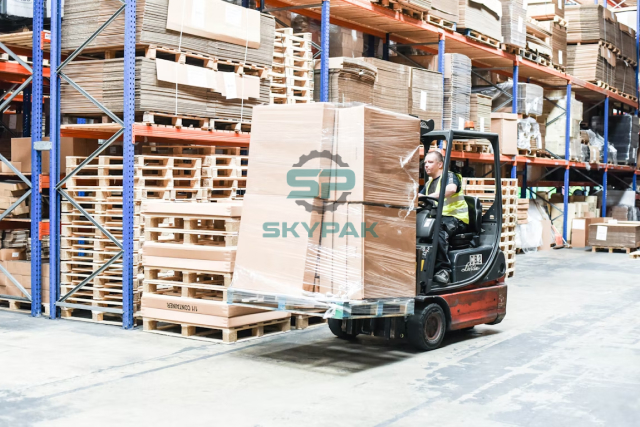
Largely because they are durable and easy to repair. Wood from damaged pallets can easily be recycled into new pallets and the structure of the pallets makes them difficult to break and easy to repair when damaged. Today, trees have been planted exclusively for pallet production. Therefore, there is no more deforestation and scarcity of raw materials for making pallets. They can often make multiple trips from factory to warehouse, distribution center to retail store, and vice versa without any maintenance. They are so cheap that many companies will simply throw away their old pallets for firewood or grind them to wood chips when they are no longer in service. This also helps to protect the environment.
Are wooden pallets a potential food and drug safety hazard?
Currently, there are many manufacturers of low-cost pallet wood with low standards, capacity, and coverage. To reduce costs, cheap softwoods are often used with few pins and nails, so they are easy to break and crumble. Softwood itself is fibrous and porous because it is not sealed, allowing moisture, liquids, and chemicals to be absorbed.
Besides, there are also businesses that, because of cost savings, do not implement solutions to dry, treat and disinfect pallets before distributing them in the market. This means that pallets made from wood that is not properly treated to ISPM-15 will easily create opportunities for bacteria, chemicals, or pharmaceutical ingredients to grow and carry those particles into factories and production areas. . Previously, the FDA conducted a study on wooden pallets and found that about 10% act as hosts for E. Coli, Salmonella and other harmful, pathogenic bacteria. While 10% may not sound like a huge percentage of the total number of wooden pallets used in the United States, the number still equates to hundreds of thousands of pallets making it very likely that consumers are exposed to food or pharmaceutical products transported on contaminated roads.
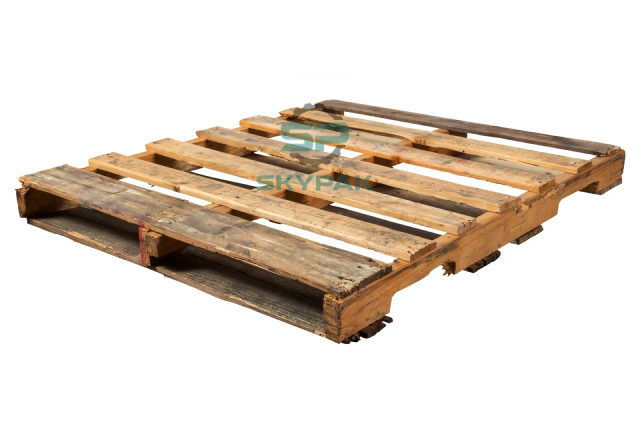
Years ago, there were recalls in the United States of peanut butter, frozen chicken, pet food, bacon, ice cream, bread, etc. Most of the contamination caused the recalls. This is due to poor-quality pallets. At the end of 2010, the recall of thousands of bottles of Tylenol joint pain reliever was due to pallets made from contaminated wood. Customers who reported poisoning reported that the drug had a musty smell and that after taking it, they experienced stomach pain and vomiting. Following an investigation into what may have contaminated the pills. Tylenol was eventually determined that be due to the effects of a fungicide used on the wood as shipping pallets. When a fungicide encounters moisture, it breaks down and releases a chemical that enters the drug.
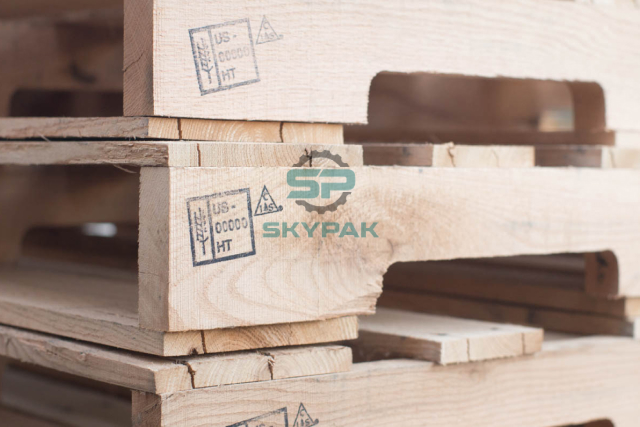
From the above examples, it can be seen that the importance of wooden pallets is not properly disinfected. Not only are the raw materials used to manufacture products in the food/pharmaceutical industry but also the finished products are transported on wooden pallets. Therefore, the most important thing is that wooden pallets must be treated to the ISPM-15 safety standard according to the International Plant Protection Convention: IPPC before being put into use.

